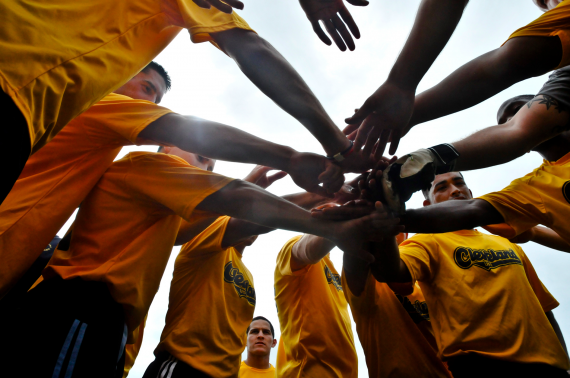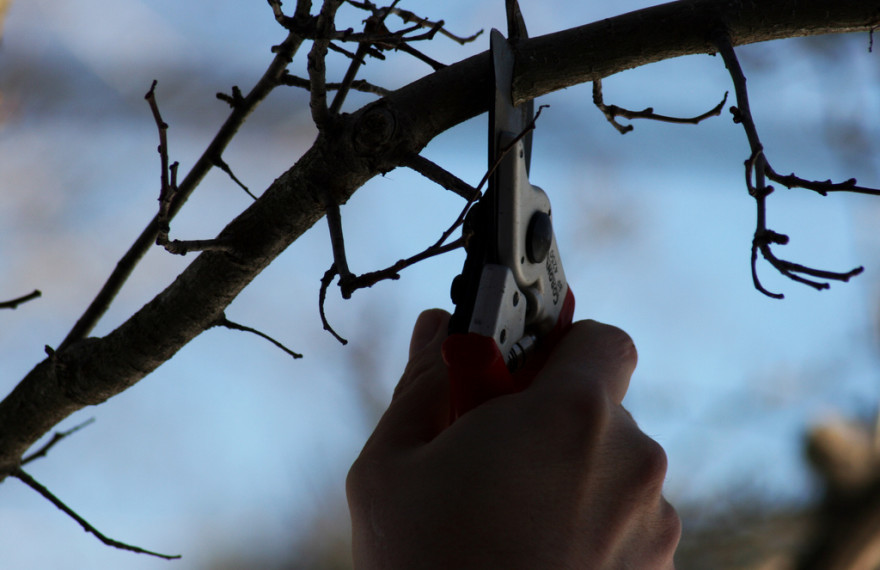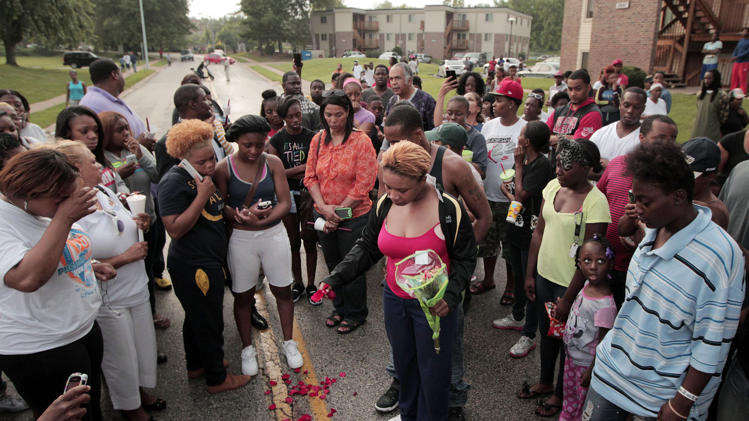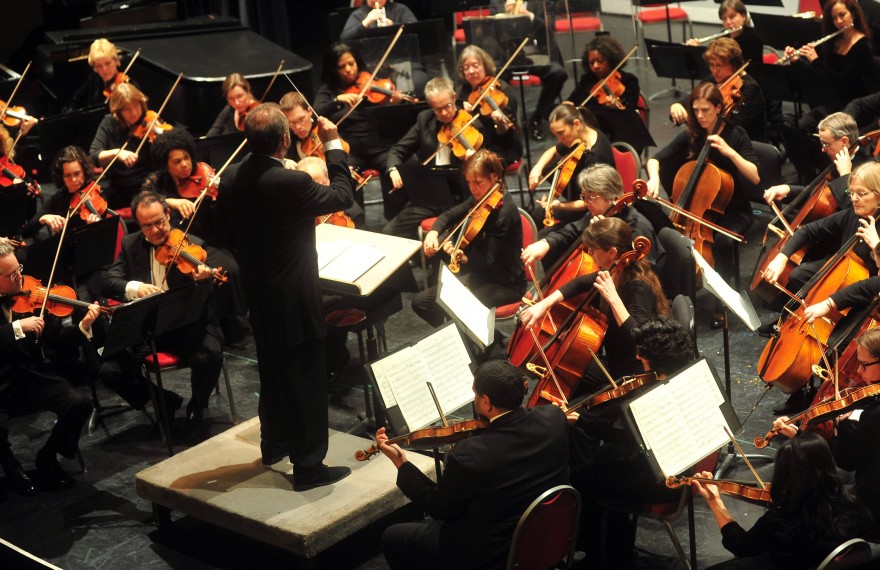As A.P.E. leaders, we know all about starting things— it’s intuitive and natural for us to generate ideas, groups, and communities— what’s harder for us is thinking proactively about when we need to stop things we’ve started.
Jon Hietbrink
5 Actions That Thaw Frozen Organizations
By Jon Hietbrink
In a previous post, I suggested five indicators that a Movement is becoming a Monument, but identifying the problem is only a first step. Much more challenging than merely seeing a problem is doing something about it and effectively catalyzing organizational renewal.
How To Create An Environment Of Innovation
By Jon Hietbrink
As A.P.E. leaders our concern isn’t merely with the motivating the activity of A.P.E. ministry, but cultivating an environment where apostolic, prophetic, and evangelistic leaders can emerge and thrive—we are both builders and architects.
In his work, Where Good Ideas Come From, author Stephen Johnson does a masterful job of capturing the qualities of environments that produce the kind of innovation we desire in ministry, and I found his thoughts both quite helpful and provocative for us as A.P.E. leaders. Though there’s of course more that could be said, here are a few of my favorite takeaways in understanding the “architecture of innovation” and how we can capture it for the sake of the Kingdom.
Are You Leading A Monument Or A Movement?
By Jon Hietbrink
It’s relatively easy to see “flash in the pain” success, but it’s another thing entirely to lead a movement that sustains growth over time. As APE leaders we have a unique role to play in both leading change within existing systems and helping our movements “surf the edge of chaos” in a way that propels enduring momentum, and one of the key pitfalls we must avoid is allowing our movements to become monuments—slowly decaying symbols of past success, but absent of the intrinsic vitality we see in living things.
One of the key functions of apostolic leadership goes beyond merely interpersonal to systemic influence— we cultivate environments where movements can thrive and combat the temptations of monument. Here’s a few warning signs that monument thinking is taking root and organizational recalibration is needed.
Three Ways to Engage with Ferguson
By Jon Hietbrink and Howie Meloch
It’s been more than a week since Michael Brown’s tragic death at the hands of police in St. Louis and in the midst of the continuing escalation of violence on the streets of Ferguson, it’s still hard to know how to engage. For some of us, his killing has (again) ripped open a wound laced with incredibly painful memories of personal and systemic racism—“How can this keep happening?!” For others of us, the shooting and its aftermath have provided a window into an experience that feels hard to understand.
There are many (some of whom are linked below) who have written deeply thoughtful and intelligent reflections in the wake of Michael Brown’s death—calls to action and advocacy, response and repentance. We don’t presume to have much to add to what’s already been said, but as we’ve prayed, mourned, and engaged during this difficult week, we wanted to share three brief thoughts for those of us who might feel paralyzed by uncertainty, unsure of how to engage at all in a situation that is so volatile and so painful for so many. Though there is of course much more that needs to be said and done in the wake of this tragedy, here are three humble first steps modeled on the life of Nehemiah that we hope might be an “onramp” for those of us looking for meaningful engagement around this painful situation.
Ferguson Links and Resources
In the midst of the tragic circumstances unfolding in Ferguson, Missouri, we believe it’s critically important that we listen intentionally to the voices of our brothers and sisters of color and allow their perspectives to influence our own.
Of course, there are many articles being written about what’s unfolding, and here are a few that we’ve found helpful over the last week—voices we’ve sought (and needed) to listen to.
- An interview with John Perkins (founder of the Christian Community Development Association)
- An article about the contextual factors that are in play in Ferguson
- An article exploring black rage in response to police brutality: (GRAPHIC)
- Five ways churches must respond
- An article written in response to the killing of Trayvon Martin, but still applicable today
- Some thoughts on responding as a white person
- A post on the need for Asian (and other non-black folks) to engage with these issues
- A sermon from Brenda Salter-McNeil on “Faith+Works=Life”
In addition, here’s some folks we’ve been following on Twitter to help ensure we are listening well to a diversity of voices:
- @druhart — Anabaptist scholar
- @cscleve — Social Psychologist
- @blackvoices — Huffington Post Black Voices
- @antoniofrench — Local Alderman in St. Louis
- @trymainelee — Journalist
We will love to keep updating these lists–who are you listening to that we could include?
Five-Fold Partnership: What Apostles Need

By Jon Hietbrink
If indeed God gives us the five-fold gifts to play a “symphony, not a solo”, then it’s critically important that we understand both the unique role that each of the five gifts play (differentiation) AND how that gift interfaces with each of the other four (integration) to create a rich kingdom harmony. Perhaps more clearly than with any other gift list in the New Testament, we can see how the five-fold gifting of Apostles, Prophets, Evangelists, Shepherds, and Teachers are designed to work interdependently as a beautiful all-channel system given by God to develop the body of Christ into maturity.
Church Planting: Are You Starting In The Wrong Place?
View IVCF Central Region Scouting 2012 in a full screen map
By Jon Hietbrink
We are starting in the wrong place.
Most of our ministry priorities are built on an assumption that we should focus on what exists and grow what we’ve got. We invest in leaders, engage more people, and  construct our network, all in an attempt to build Kingdom influence in the communities we’re trying to reach. The paradigm looks something like this.
construct our network, all in an attempt to build Kingdom influence in the communities we’re trying to reach. The paradigm looks something like this.
It’s a simple enough proposition and has often borne significant fruit; the problem is that it’s wrong.
The Five-Fold Symphony: How the Gifts Work Together
By Jon Hietbrink
God gives us gifts to play a symphony, not a solo.
Every significant discussion of spiritual gifts[1] in the New Testament is situated in the context of a complex system—we are “one body with many parts” designed to operate in symbiotic harmony with one another. The problem is that the way we’re taught to understand and express our spiritual giftedness can often be a very individualized and siloed experience—we’re taught to understand our personal gifts, but we’re left to wonder how those gifts actually work together in the way God intended.
Love Not Angst: What is Fueling the Change You Bring?

By Jon Hietbrink
As A.P.E. leaders, a key part of our gifting is the ability to see things shift and be catalysts for change. By God’s grace, we’ve been equipped with the capacity to imagine new possibilities and lead others into new realities, BUT it’s critically important that we take stock of what’s fueling the change we bring.







